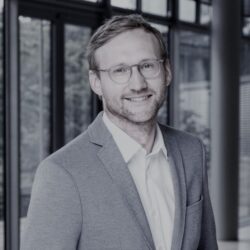Workshop on the legal framework and institutional practice of municipal public participation in Poland and Germany.
More and more municipalities in Germany are issuing guidelines for public participation. However, how these guidelines fit into the legal regulations at national and European level, to what extent these also make standards of good participation (in our understanding: deliberative participation) binding, and whether these make any difference at all to participation practice on the ground, has not yet been sufficiently researched.
Over the past two years, a German-Polish research group from the Universities of Warsaw and Düsseldorf has intensively studied how municipal citizen participation is legally regulated in both countries. The findings are supplemented by interviews with participation officers from more than 30 municipalities on the practice of citizen participation. The results provide a unique insight into the law and practice of municipal public participation in both countries.
More information on the content and the programme of the event can be found here.
The event will take place on Thursday, 22 April, 9:00 am to 1:00 pm, exclusively online. Simultaneous translation into Polish and German will be provided during the event.
Participation is free of charge. Please register with your name and email address at the following link: https://docs.google.com/forms/d/e/1FAIpQLSdm64e1W-zOX2rd3VVCaBwbmLgv5YxhDgwscFYPTVVS2xcmRw/viewform
Ansprechpartner
Jun.-Prof. Dr. Tobias Escher
Board, Computer Science, Political Science, Sociology

Tobias Escher leads a BMBF-funded junior research group investigating the effects of participation processes on the quality and legitimacy of political decisions, especially in the context of the transformation to sustainable mobility in the local context. Previously, he supervised the DIID as well as the NRW Forschungskolleg Online-Partizipation at the HHU-Düsseldorf as scientific coordinator. He is a social scientist and holds a PhD from the Oxford Internet Institute at the University of Oxford. He can also draw on his basic knowledge of computer science when assessing the possibilities and limits of digitization.
His research focuses on the evaluation of political participation online and offline. In particular, he addresses the question of the extent to which citizen participation contributes to higher quality and legitimacy/acceptance of political decisions. He has developed a teaching module on the theory and practice of online participation, from which, among other things, a project on student participation in teaching has emerged.
Photographer: ©Tilman Schenk

